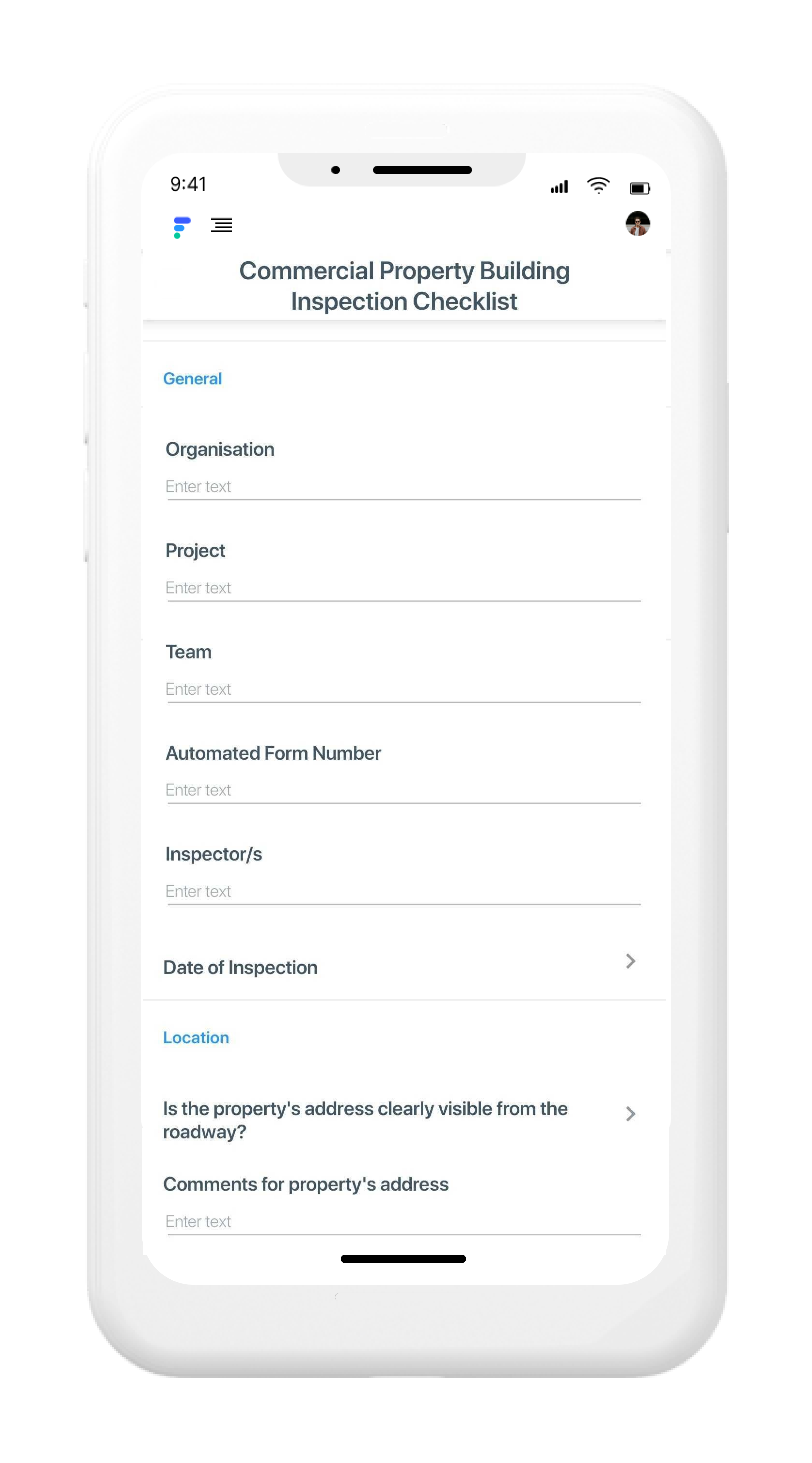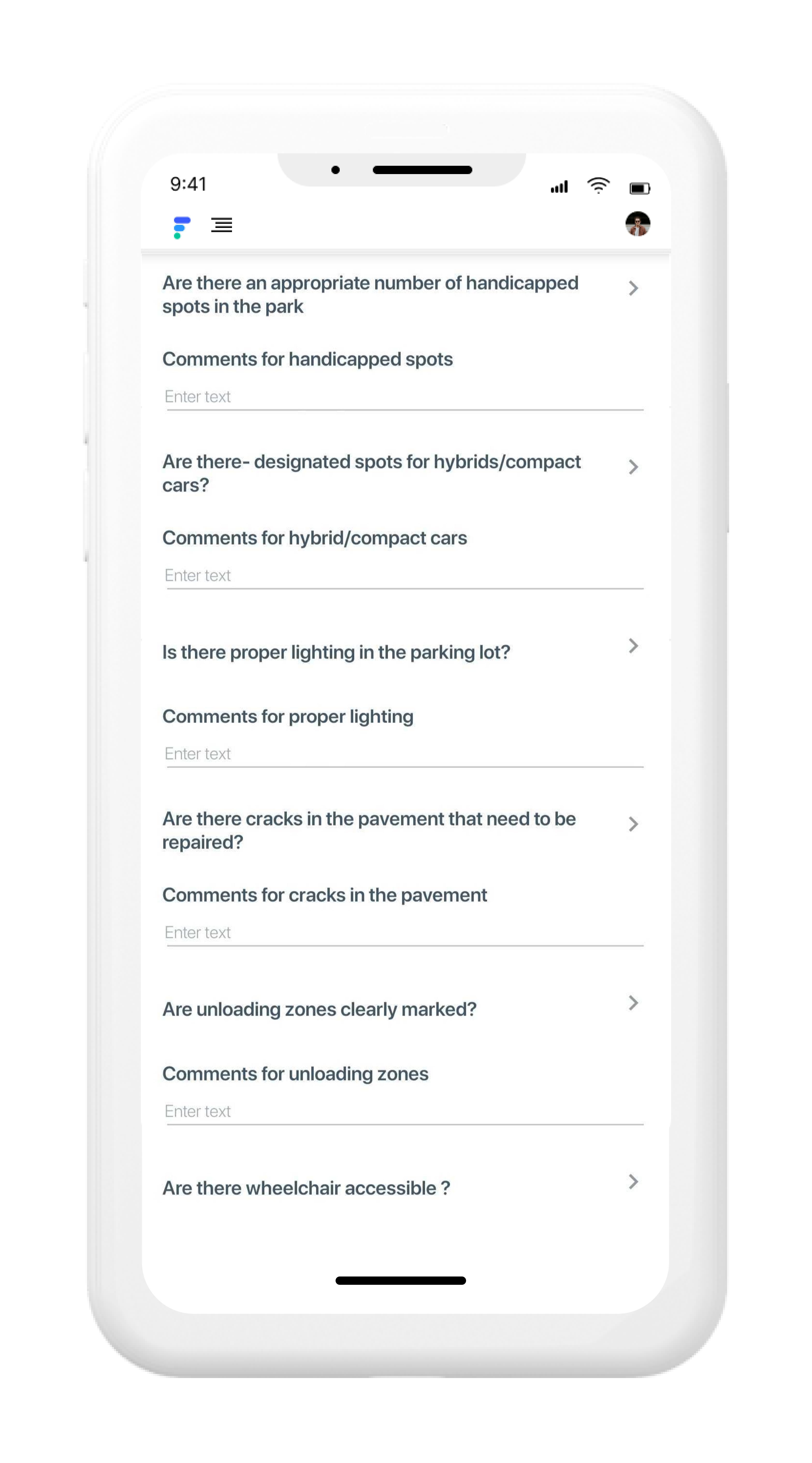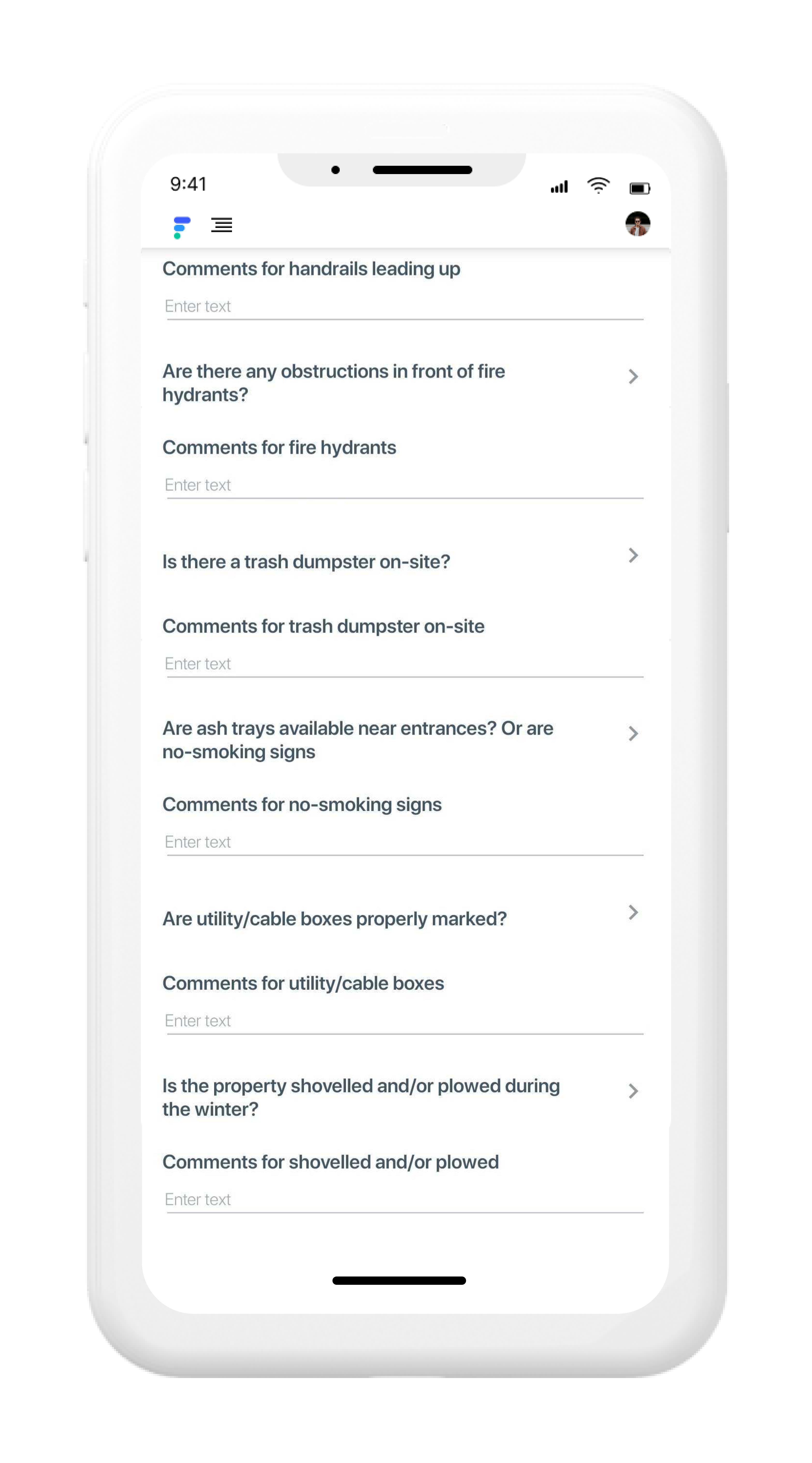Commercial Buildings are thoroughly inspected to ascertain the condition of the property and estimate the costs of repairs needed. Inspectors use detailed commercial property inspection checklists to conduct these audits, especially when the property is up for sale or lease.
Here we will talk about a few vital components of commercial property inspection:
- What do commercial property inspections typically include?
- Why are these inspections necessary for commercial enterprises?
- How does Fielda enable better and more efficient commercial property building inspections?
What do these inspections cover: Inspectors review every detail from the property documents to the physical condition of the structure and all the systems within the building. Documents reviewed include construction permits, surveys, appraisals, floor plans, etc. Building structure audits include a detailed examination of the structural frame, walls and surface condition, roofing, landscaping, utility areas, paving, etc. During the systems review, they look at the condition of electrical, mechanical, heating, lighting, air conditioning, ventilation, plumbing, and fire safety systems. They also evaluate the condition of equipment, identify repairs needed, and estimate the cost of renovations.
Why are commercial property inspection necessary: Since these detailed inspections are usually conducted before a building is sold or leased, it directly impacts the price the property can fetch in the market. It acts as a due-diligence report for the potential buyer. It also has a bearing on property insurance costs. The report provides the commercial parties a realistic estimate of the work involved to make the building fit and what it will apply to complete the repairs in terms of time, cost and effort.
How Fielda helps inspectors conduct these comprehensive audits: Inspectors often need to cover many commercial properties, including offices, warehouses, factories, hospitals, malls, multi-purpose buildings, hotels, restaurants, and retail stores. These require different types of information to be captured. With Fielda, it is straightforward for inspectors to develop forms to suit these various needs using its simple menus and user interface. Operations teams can also customize workflow; how the information will flow from the inspection task assignments to the field data capture and the reports to be shared with building owners, potential customers, insurance companies, and service and repair agencies.
Collect: Eliminate complex manual data entry with intuitive digital forms and instant data capture
Share: Share relevant information with various stakeholders for update, action, and reporting
Manage: Consolidate inspection data seamlessly and integrate with existing enterprise data for accessible real-time reports and dashboards
About Fielda: Fielda helps companies manage and maintain their assets and gain real-time oversight of all tasks, workflows, and projects to improve operational efficiency, enhance team productivity and impact the bottom line. Whether it’s installations, inspections, repairs, replacement of parts, servicing and maintenance, or routine audits, with Fielda’s mobile data collection, GIS-enabled technology, automated and custom workflows, and analytics, you can eliminate errors, enhance response time, ease workflow bottlenecks, and simplify your field operations.


